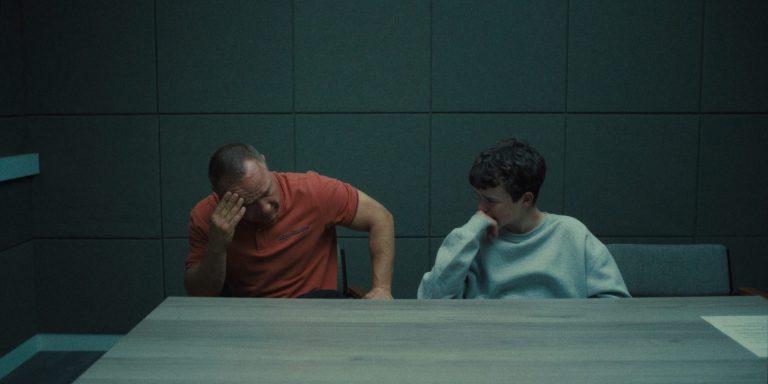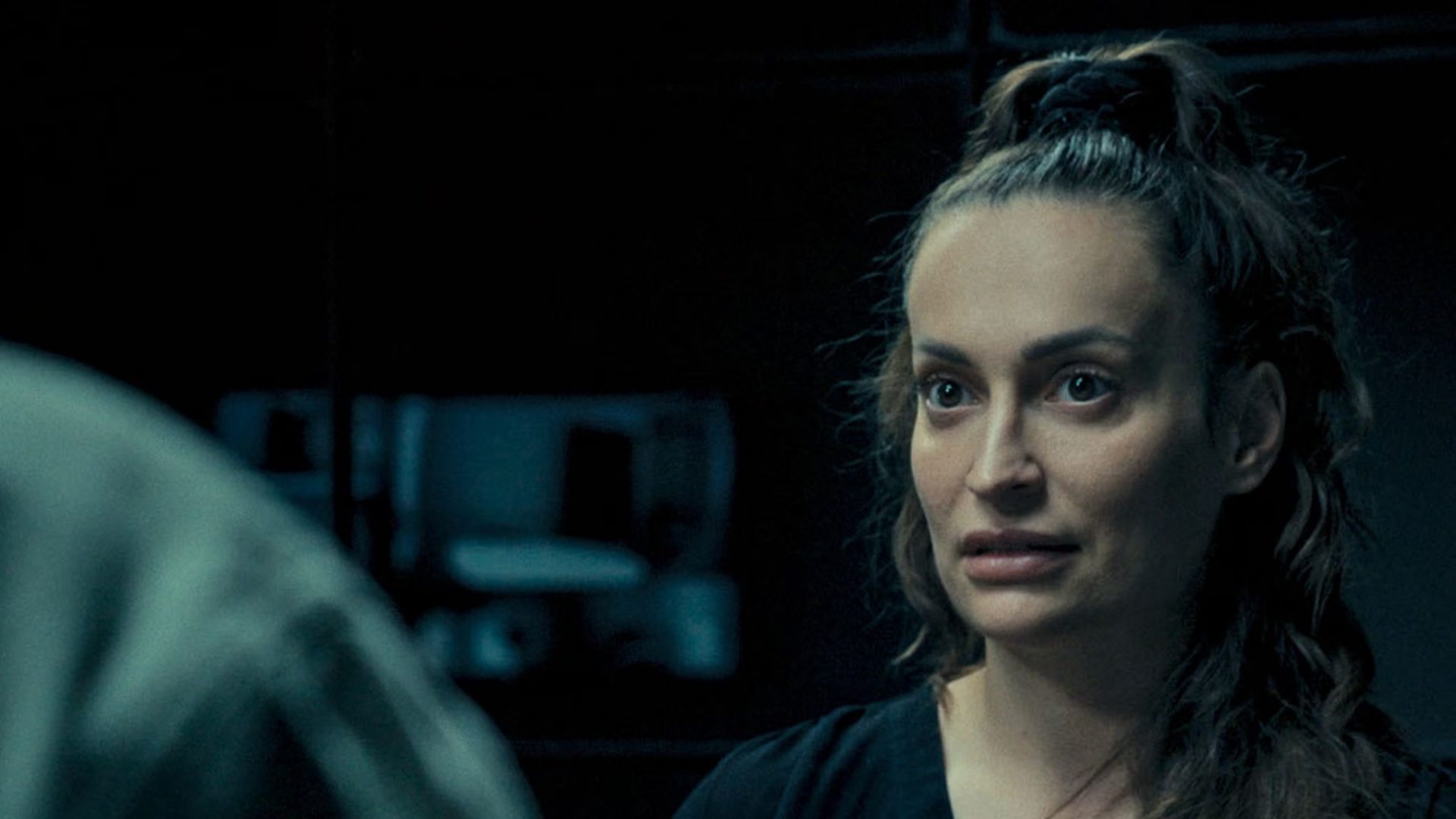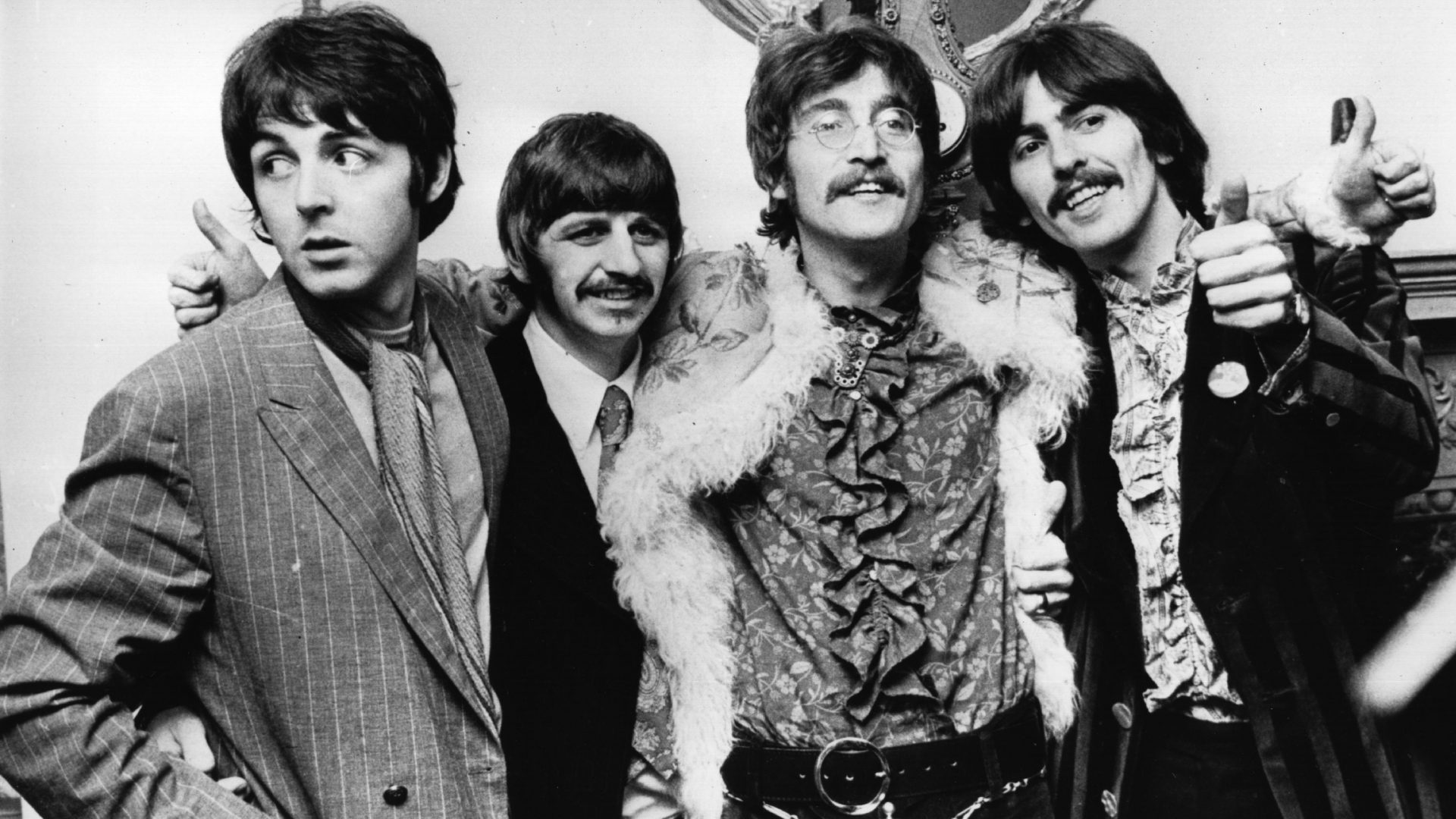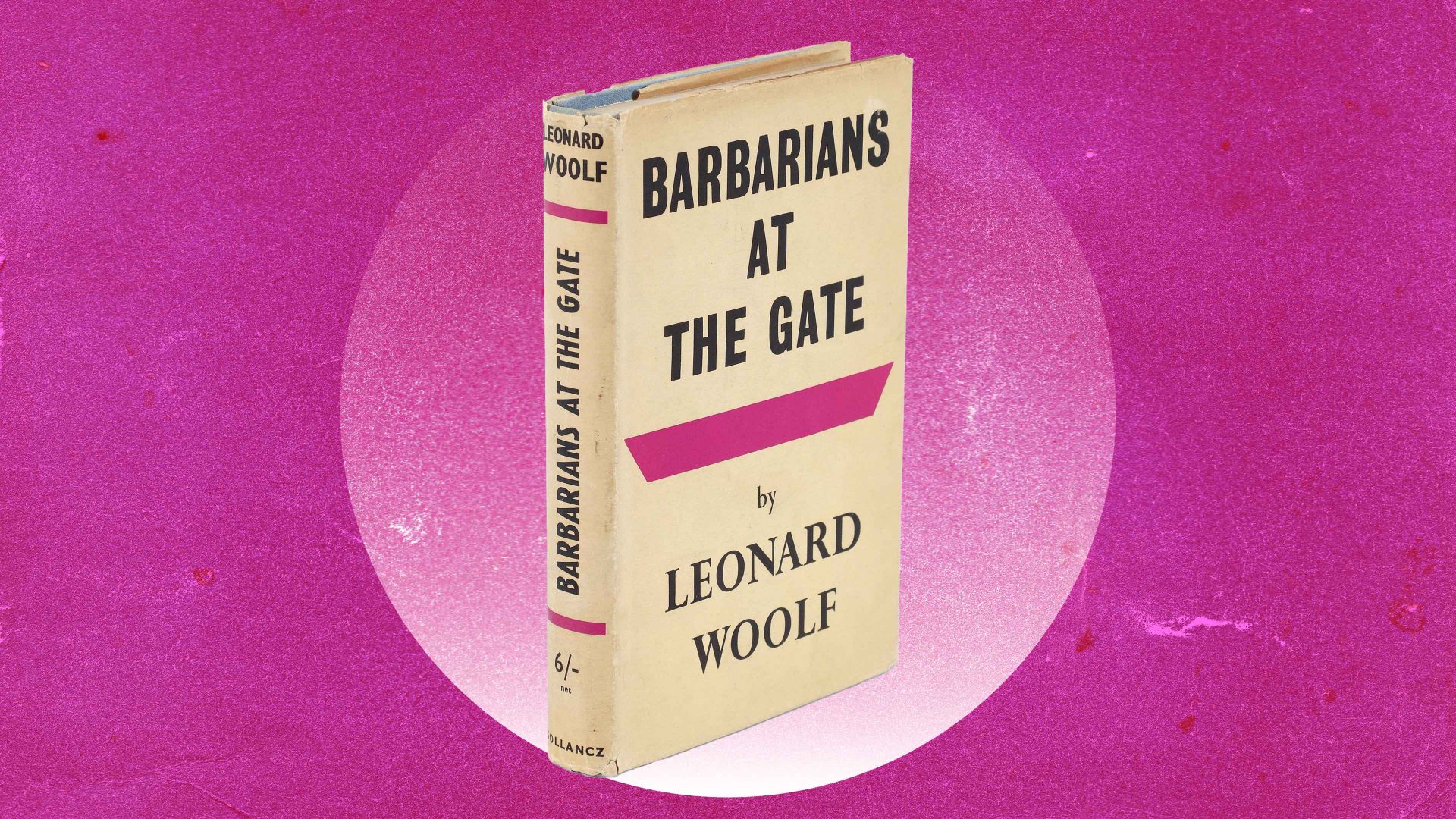Imagine if 35 million Britons simultaneously watched a four-hour documentary about criminal corruption and how the underworld is funded. That is exactly what happened in Denmark in 2024 with Black Swan, seen by half of the country’s total population, not just the adults. By contrast, ‘only’ 10 million in the UK watched the beloved Mr Bates vs The Post Office.
A ‘black swan’ is an event so earth-shattering that you could have never predicted it, and Mads Brügger’s investigative report delivers that and more. It tells the story of corrupt lawyer Amira Smajic, who laundered money for bike gangs and was nicknamed the Ice Queen, then came to the documentarian offering to become a whistleblower and undercover mole against some of the scariest organised crime leaders in Denmark.
Brügger, whose previous work includes Cold Case Hammarskjöld, speculating about what secrets might have died alongside Swedish UN secretary-general Dag Hammarskjöld in a 1961 plane crash in Zambia, calls Smajic a “once in a lifetime source”. Seeking personal redemption, she gave him access into a world of not just criminal biker gangs, but more importantly, the white collar accomplices who launder their money and reputations.
A decade ago, I was obsessed with Borgen. A Danish West Wing, its plots explored the intrigue and dirty dealing behind coalition-building and electoral stunts. Between that and a ton of Scandinoir policing shows and crime novels, I’ve come to put Denmark up on a pedestal as one of the more democratic, safe and female-friendly nations in the world. Black Swan kicks over the pedestal.
Smajic is the perfect whistleblower, a pretty Bosnian-born lawyer who specialised in straw man operations and tax evasion at her previous firm. She is sympathetic, has a young child, and is penitent and wanting to escape the underworld.
By approaching the journalists at Danish channel TV2, she is sacrificing her safety and her future. She likens her criminality and her profiting from it to an addiction that can only be cleansed if she exposes her former accomplices. It’s seemingly the redemption she needs and is earning in the most dangerous way possible, for her and her child, as she meets crime bosses in an office bugged with cameras and microphones.
Suggested Reading


My best friend’s murder
Reader, I cancelled dinner plans to keep watching. Knowing what grave danger she is in makes for unbelievably captivating television. The documentary scratches every true crime fan’s desire to see what really goes on when criminals get together.
We see Amira affectionately being called “sister” by sinister felon Fasar Abrar Raja, who discusses the amount of dressing on his chicken wrap while talking about offing a witness of a murder that is meant to testify against him. Fasar, nicknamed “The Cat” for his ability to get into anything and everything, is Amira’s route into the upper echelon of criminality.
We have front row seats while his lawyer Lise Roulound, in sweatpants and a ponytail, provides him with confidential witness information that immediately makes those witnesses targets. He says he’ll make good use of it – then asks for instructions on how to use a USB drive. It’s what passes for light relief in this real-life version of The Wire.
Later, we also watch as Fasar threatens to kill both Amira and Lise, and reads out a description of a medical diagnosis that he says will get him relieved of any accountability for any and all crimes he commits. This is gripping stuff that resulted in real change in Denmark. Anti-money laundering laws were tightened, prosecutions were launched and bankruptcy loopholes closed. Compliance rulings and frameworks were interrogated, and checks and balances added.
Imagine the impact in the UK if 35 million Brits had watched the Panorama on racist and sexist police officers at Charing Cross station. Would there be further-reaching consequences than a couple of individual officers getting sacked or moved to different stations? Would the Met actually be forced to reform if half of the nation simultaneously became aware of the deep systemic misogyny and racism present in the force? Is that what it would take to actually ignite the British public into demanding change?
Black Swan, meanwhile, holds more suspense and surprise. We see Amira receiving thousands of pages of incriminating evidence, getting threatened and then slipping out of trouble, crying while being interviewed by Brügger. Until finally, the spotlight is also turned on her. Is the Black Swan in on the whole thing, and conning the filmmakers and the police? Has Brügger been made into a pawn?
You will need to draw your own conclusions, but here is one of mine: I’d love to see a follow-up, soon.
Jamie Klingler is co-founder of Reclaim These Streets




